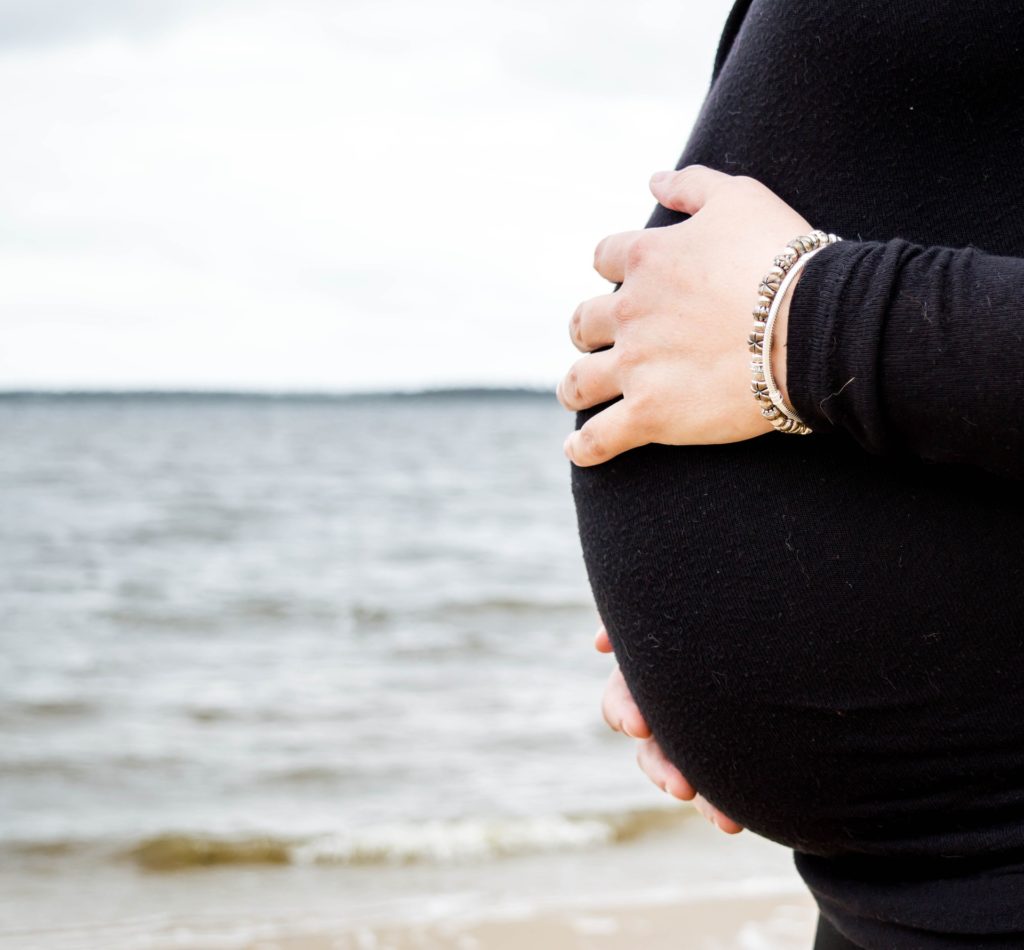
Contributor: Staff at Timberline Knolls Residential Treatment Center
They say that motherhood is one of life’s most humbling and rewarding jobs. But it is also one of the most challenging, especially for mothers who struggle with postpartum depression and a substance use disorder.
Women who are struggling with postpartum depression often turn to drugs or alcohol to self-medicate and manage the symptoms they are suffering from without the help of a professional. Engaging in substance use before, during, or after pregnancy can increase a woman’s likelihood of developing an addiction and decrease their likelihood of seeking treatment [1].
So, what exactly is postpartum depression, and how can it impact women who are struggling with substance use disorders?
Addiction and Trauma Affect Postpartum Depression Symptoms
Postpartum depression is a form of major depressive disorder that presents itself following pregnancy. Women who develop postpartum depression can have major depressive episodes that are characterized by excessive crying, drastic mood swings, and intense feelings of anxiety and guilt.
Call Timberline Knolls for Help 855-630-2865
Symptoms of postpartum depression typically begin to emerge within four weeks of delivery, but some women can develop symptoms during pregnancy or up to a year after giving birth. It is estimated that roughly 15% of all mothers suffer from postpartum depression. This rate can more than double for expecting and new mothers who have addictions to various substances [2].
The chances of a woman developing postpartum depression further increase if they have suffered emotional, physical, or sexual trauma from childhood through adulthood. A history of trauma also increases the risk of substance use recurrence and overdose in postpartum mothers. Birth-related posttraumatic stress can also occur due to factors like having a difficult birth or the baby developing health defects.
Changes in social environments, family dynamics, and mental and physical health only add to the stress associated with motherhood. For new mothers who are struggling to stay in recovery from alcohol or drug use, substance use can make it more difficult for them to heal from postpartum depression.
This is because finding healing and recovery from multiple disorders is a tricky task. Thus, women who develop postpartum depression and use substances are less likely to get the treatment they need, which can worsen their symptoms [1].
Signs That a Mother Is Suffering from Postpartum Depression
According to the Diagnostic and Statistical Manual of Mental Disorders, Fifth Edition (DSM-5), symptoms of postpartum depression can last for days, weeks, or even months.
 Common signs and symptoms of postpartum depression include:
Common signs and symptoms of postpartum depression include:
- Irritability
- Restlessness
- Persistent anxiety or sadness
- Fatigue or decreased energy levels
- Loss of pleasure or interest in previously enjoyable activities, known as anhedonia
- Feelings of guilt, hopelessness, or worthlessness
- Difficulty making decisions, concentrating, or remembering things
- Trouble sleeping or sleeping too much
- Trouble bonding or forming an emotional attachment with their new baby
- Doubts about being able to care for their baby
- Thoughts of harming themselves or their baby
The physical and mental strain women face postpartum can make it difficult for them to engage in addiction treatment, and many who seek treatment during pregnancy discontinue it after childbirth [1]. The good news is that help is available.
Treatment Is Available
Substance use disorders are becoming much more prevalent among women and are linked to high death rates up to 12 months after pregnancy. During this yearlong period following delivery, also known as the fourth trimester, it is critical that women receive constant medical attention. Seeking care regularly after giving birth, as opposed to visiting an obstetrician for a single follow-up appointment, can significantly reduce maternal morbidity and mortality rates [2].
To better serve new mothers who are experiencing symptoms of postpartum depression and a substance use disorder, obstetrical care providers and addiction specialists must work together to develop a personalized treatment plan. Trauma history is another thing to consider when tailoring treatment for postpartum women. Trauma brings its own set of unique challenges, and women can benefit from support from different experts to ease even the most distressing symptoms.
A combination of psychotherapy, medications, and trauma-informed care can be used to support mothers who are battling multiple disorders at a time. It is important that these women seek help at the first signs of postpartum depression so that they can build a strong foundation for lasting recovery.
References
[1] Martin, C.E. & Parlier-Ahmad, A.B. (2021, July 5). Addiction treatment in the postpartum period: an opportunity for evidence-based personalized medicine. International Review of Psychiatry. 33(6), 579–590. DOI: 10.1080/09540261.2021.1898349.
[2] Vestal, C. (2018, August 14). For addicted women, the year after childbirth is the deadliest. The Pew Charitable Trusts. Retrieved from https://www.pewtrusts.org/en/research-and-analysis/blogs/stateline/2018/08/14/for-addicted-women-the-year-after-childbirth-is-the-deadliest.
About Our Sponsor:
 At Timberline Knolls Residential Treatment Center, located outside of Chicago, Illinois, we provide specialized care for women and girls who are living with mental health conditions such as substance use disorders and eating disorders. Our private facility offers female-only treatment programs for eating disorders, addiction, and a range of mental health conditions. We work closely with each person to develop treatment goals to maximize strengths while focusing on individual needs. Our treatment team understands that each woman has unique needs and that she must play a role in her journey to wellness.
At Timberline Knolls Residential Treatment Center, located outside of Chicago, Illinois, we provide specialized care for women and girls who are living with mental health conditions such as substance use disorders and eating disorders. Our private facility offers female-only treatment programs for eating disorders, addiction, and a range of mental health conditions. We work closely with each person to develop treatment goals to maximize strengths while focusing on individual needs. Our treatment team understands that each woman has unique needs and that she must play a role in her journey to wellness.
The opinions and views of our guest contributors are shared to provide a broad perspective of addictions. These are not necessarily the views of Addiction Hope, but an effort to offer a discussion of various issues by different concerned individuals.
We at Addiction Hope understand that addictions result from multiple physical, emotional, environmental, and genetic factors. If you or a loved one are suffering from an addiction, please know that there is hope for you, and seek immediate professional help.
Published on April 18, 2022
Reviewed by Jacquelyn Ekern, MS, LPC on April 18, 2022
Published on AddictionHope.com

